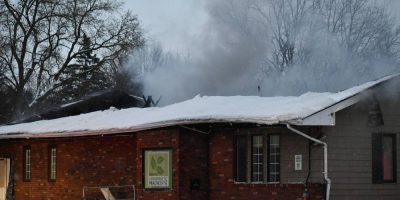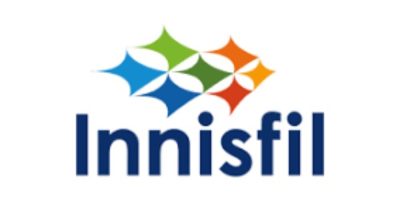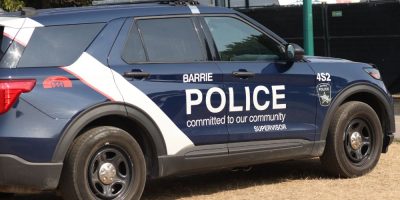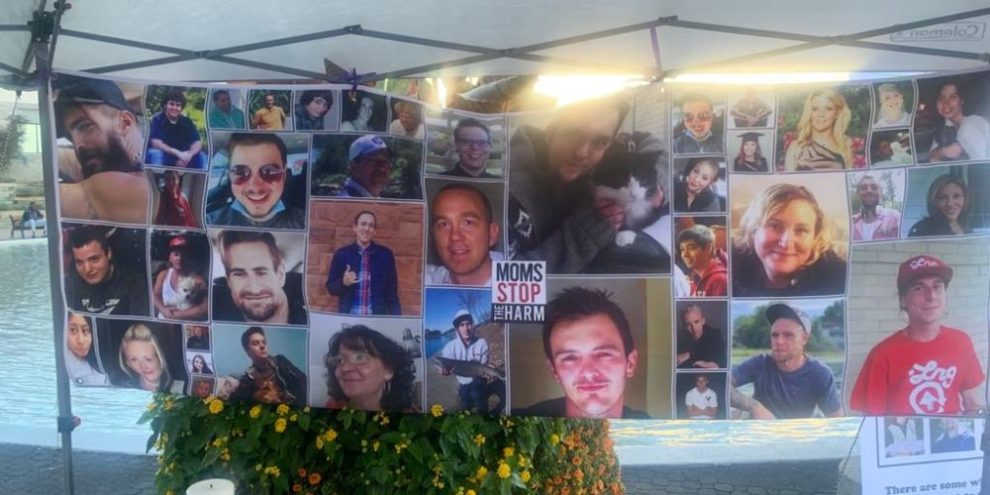
The sting of losing someone to overdose was made even more painful at a gathering in Barrie on Saturday evening as advocates reflected on the Ontario government's recent decision to close 10 of 17 safe consumption sites (SCS) in the province.
International Overdose Awareness Day (IAOD) was marked outdoors at city hall with banners and pictures of people, mostly local, who have died from substance use.
Christine Nayler, co-founder and director of Ryan's Hope, says IOAD is a worldwide call for action and change of failed drug policies that she says are costing so many lives around the world.
"Those people are our loved ones. They are members of our families and communities, and their lives mattered. They were lost because they were devalued and lost to toxic drugs and system failures."
Nayler says the day is also about ending the stigma that is attached to addiction, in particular drug use.
"I think by sharing our human story," she says.
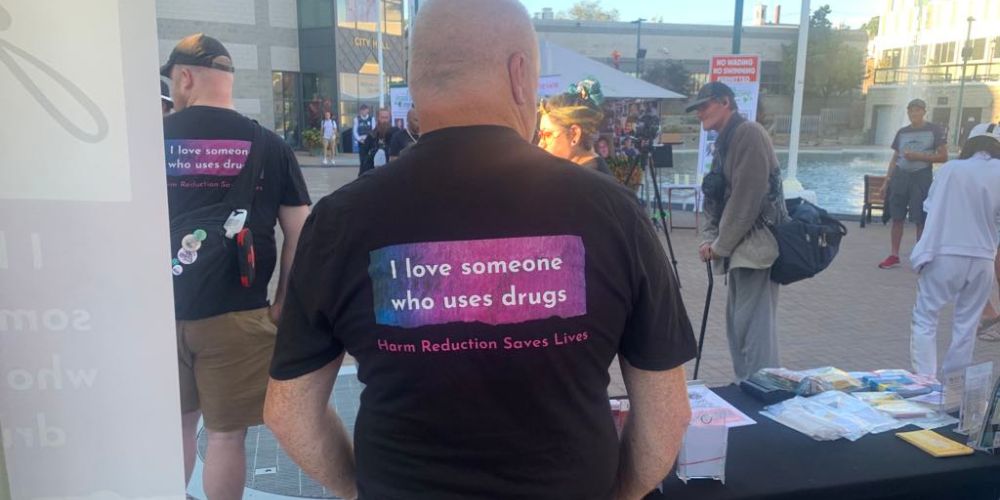
Nayler accuses politicians of playing politics with people's lives.
"They're using people that use drugs. They're encouraging the stigma. They are not trying to deal with it because they score political points, and it's not okay."
Nayler's son died of toxic drug poisoning in November 2020, just shy of his 35th birthday. He had a bachelors and master's degree, and graduated with honours. She says during Ryan's last few years of life he struggled the hardest to stay alive, battling both bipolar disorder and substance use disorder.
The Ontario government has decided to shift away from drug consumption sites and needle exchange programs to focus on treatment. Part of the plan would see the creation of 19 homelessness and addiction recovery treatment hubs, called HART hubs.
"It's one tool in the toolbox," acknowledges Nayler. "But not everyone is ready for treatment. You can't force treatment on people. They have to be ready for it."
Nayler describes recovery from addiction as a journey.
"Relapse is part of recovery. It takes an average of three to seven times of people going for treatment before they are able to maintain levels of non-use. We need to have all our tools available. We needs beds, and we need beds on demand that are available when people need them and when people are ready."
The government has said closing 10 SCS was because they were too close to schools and daycares and new ones would not be allowed to open. Health Minister Sylvia Jones cited increased crime and concerns from neighbours and parents about problems near the 10 sites.
The changes came after the province launched several reviews of its 17 consumption and treatment sites following the killing of a mother of two near a Toronto site last summer. Karolina Huebner-Makurat had been walking through her neighbourhood of Leslieville when she was shot as a fight broke out between three alleged drug dealers.
The government has said the new hubs will cost $378 million.
Nayler suggests what's happening is money is being moved around by the province from one thing to another, and that no new money is on the table.
Advocates say SCS save lives. But Premier Doug Ford said last week the advocates should be grateful to the province for shifting the focus away from drug consumption sites to focus on treatment.
The event at city hall concluded with a number of participants pitching tents outside the rotunda where they hunkered down for the night in solidarity with those in the community experiencing homelessness.
with files from The Canadian Press
